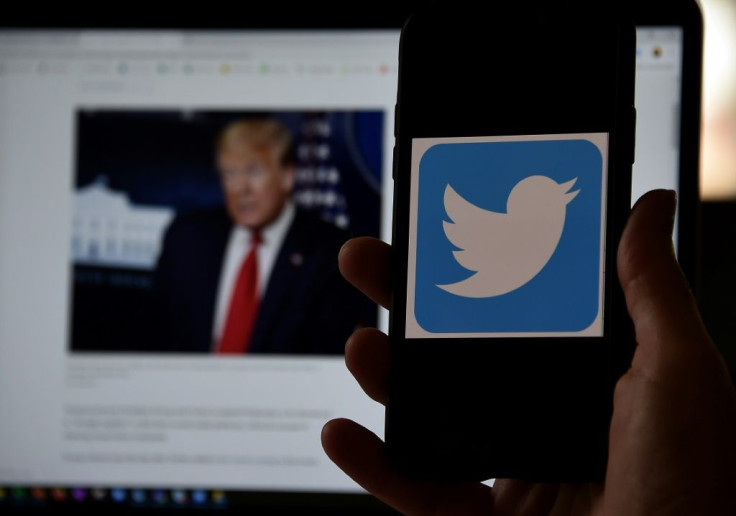FCC Commissioner Opposes Trump On Social Media Regulation Saying, 'The Decision Is Ours Alone'
KEY POINTS
- FCC Commissioner Geoffrey Starks opposed Trump's executive order on Section 230
- He stated that FCC is an independent agency with sole authority to make this decision
- Both Democratic and Republican legislators have proposed regulation of social media
Federal Communications Commission (FCC) official Geoffrey Starks has opposed President Trump’s executive order targeting the legal protections accorded to social media networks from liability for user-generated content.
Starks stated that he has studied the president’s executive order on Section 230 of the Communications Decency Act and found it inadequate.
“There are good reasons for the FCC to stay out of this debate. The decision is ours alone,” he stated in an interview with the Information Technology and Innovation Foundation, a think-tank on technology-related issues.
Starks is one of the five commissioners of the FCC and has pointed out legal and procedural issues with the executive order. He stated that the FCC is an independent agency and the President cannot issue instructions to it.
According to him, the executive order circumvents constitutional rights of democratically elected representatives and the ultimate decision regarding the regulation of social media rests with Congress and the FCC. However, he also pointed out flaws in the current functioning and regulation of social media and stated that the broader debate on the regulation of social media networks has existed for a long time.
Many agencies and legislators have stepped into the fray when it comes to Section 230. While the Justice Department has issued its own recommendations on the subject, Senator Josh Hawley (R-MO) has proposed legislation, which would allow consumers to sue social media networks over selective censorship of political speech.
Starks' fellow commissioner Jessica Rosenworcel is also of the same view and has stated that the FCC cannot be turned into “president’s speech police.”
President Trump is not the only one to call for Section 230 to be changed. Joe Biden has called for a repeal of the section in the past, citing Facebook's unwillingness for taking action against Trump and calling for accountability.
The regulation of social media is a fine line. Currently, social media companies are free to censor content and the government or even users cannot retaliate against them for such censorship. But, a regulatory regime of the kind proposed by President Trump raises fears of autocratic government control over social media, with no credible legal support for these companies.
The onus for a final decision on the subject will rest on FCC Chairman Ajit Pai, who has in the past supported the Trump Administration’s decisions on issues such as Net Neutrality.

© Copyright IBTimes 2024. All rights reserved.











